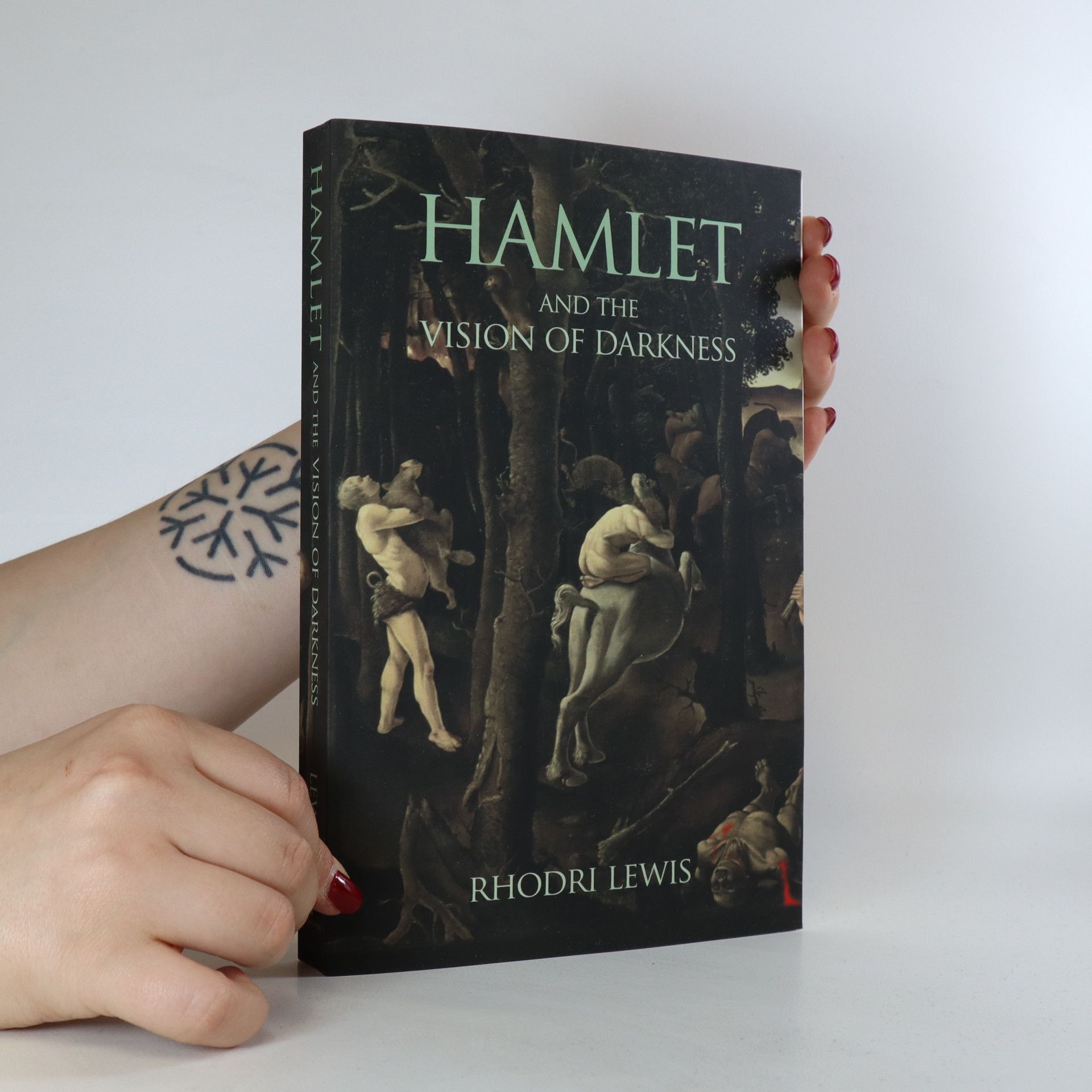Hamlet and the Vision of Darkness
- 392 páginas
- 14 horas de lectura
An acclaimed new interpretation of Shakespeare's HamletHamlet and the Vision of Darkness is a radical new interpretation of the most famous play in the English language. By exploring Shakespeare's engagements with the humanist traditions of early modern England and Europe, Rhodri Lewis reveals a Hamlet unseen for centuries: an innovative, coherent, and exhilaratingly bleak tragedy in which the governing ideologies of Shakespeare's age are scrupulously upended. Recovering a work of far greater magnitude than the tragedy of a young man who cannot make up his mind, Lewis shows that in Hamlet, as in King Lear, Shakespeare confronts his audiences with a universe that received ideas are powerless to illuminate--and where everyone must find their own way through the dark.

